BPC Builds Award-Winning Positive Energy Homes
Serving communities in Fairfield, Litchfield, and New Haven Counties, Connecticut and Westchester, Dutchess, and Putnam, New York
What is a Positive Energy Home?
Simply put, a Positive Energy Home is one that generates more net clean energy than it uses. This is normally accomplished by building the home to be highly energy efficient and using some combination of clean green energy generation system or systems such as photovoltaic solar panels, a wind turbine, or a small-scale hydroelectric generator. These homes may also use some level of passive solar heating and passive cooling.
Any home with a HERS score that is a negative number, -1 or lower, is a positive energy home.
BPC Builds Positive Energy Homes
To date, BPC has built six positive energy homes. The BPC home that generates the most surplus energy has a HERS score of -17. This means the home generates 17% more clean energy than it uses. It also means this green and clean surplus energy can be used by another home vs. that same energy being generated by a coal or gas-fired power plant.
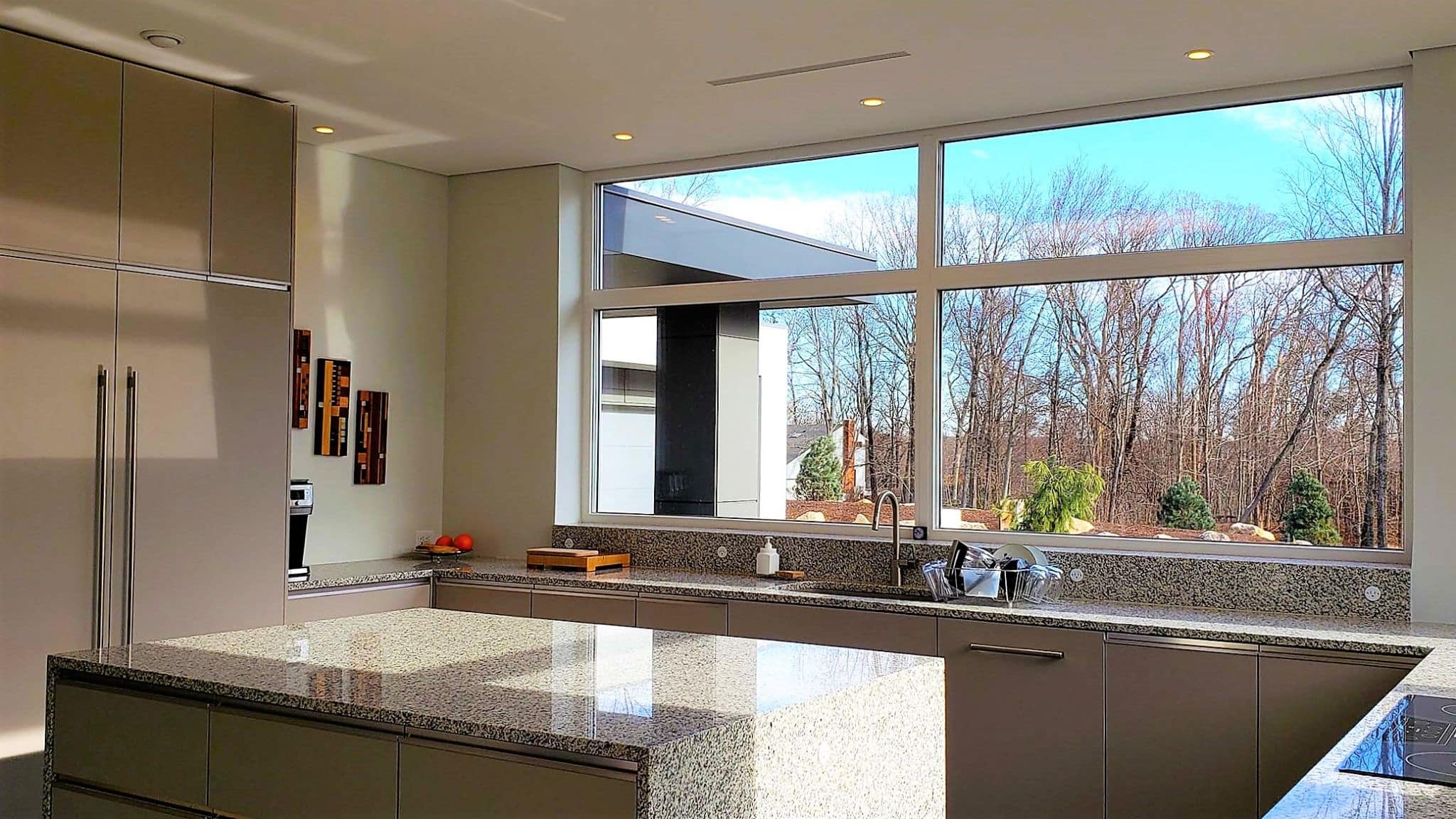
Benefits of a Positive Energy Home
For a homeowner to benefit from owning a Positive Energy Home, they need to be connected to the power grid. This is because the home must feed its excess clean energy back into the grid for the homeowner to get one or more of the following benefits.
- All the benefits the homeowner of a Net Zero Energy Home would get.
- Building a certain amount of excess clean energy generation capacity into a home when you install solar panels or other energy generation systems provides a hedge to ensure your home always runs on clean energy should your home’s energy needs increase.
- Potential net metering* credits
- Help mitigate climate change because the home’s energy provider feeds other homeowners and businesses the clean energy the positive energy home generates, instead of the dirty energy the power company may generate using gas, oil, or coal-fired power plants.
- Help limit the need for building additional power generation facilities. This benefit is especially helpful if the energy company’s new power plants would use fossil fuel or require the homeowner’s tax dollars to help subsidize its construction.
- Bragging rights and being a role model. There aren’t many positive energy homes built, so owning one gives you bragging rights and shows your dedication to fighting climate change and pollution. Because positive energy homes are so rare, they can be used to set an example for others to follow.
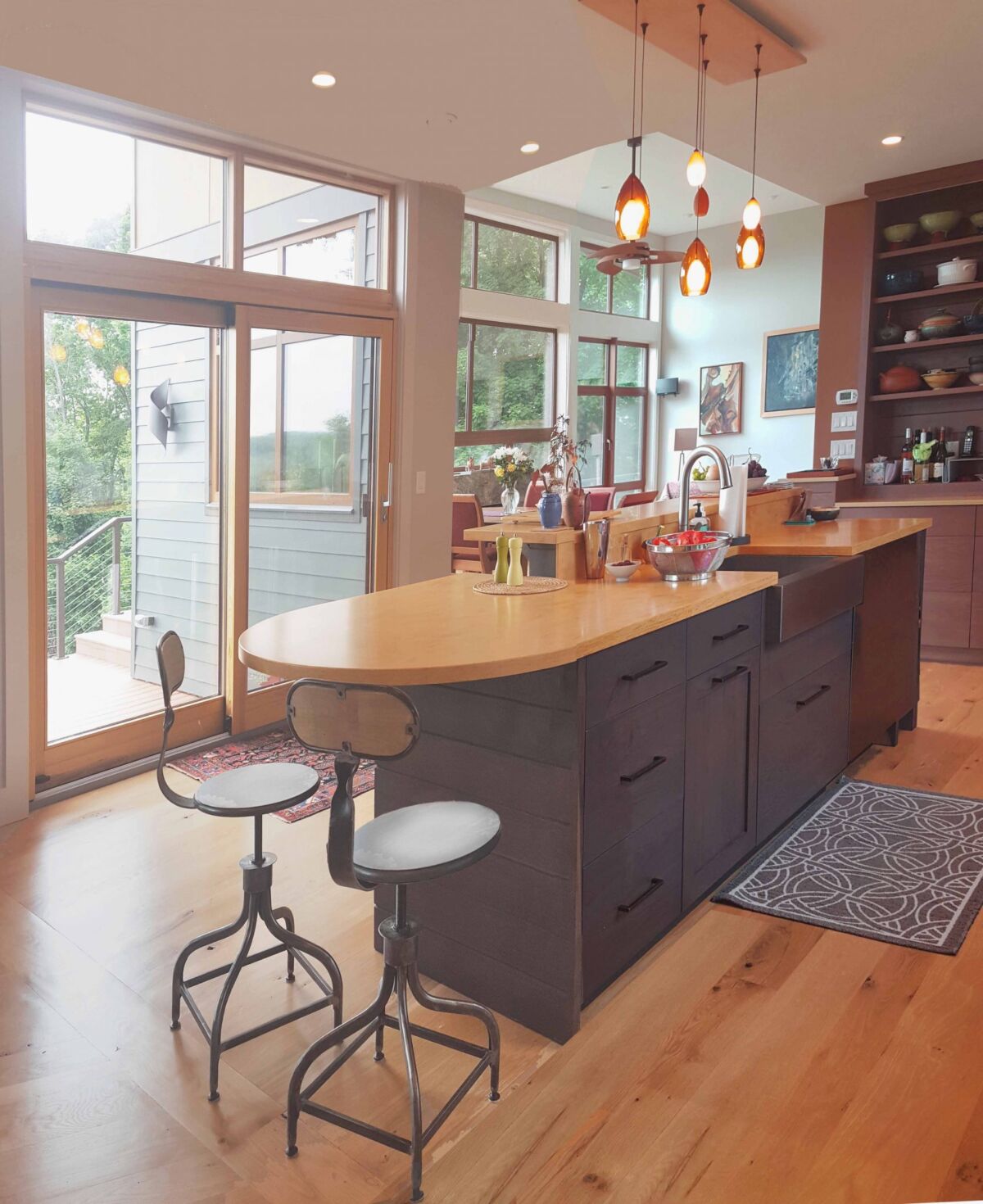
Most positive energy homes today are connected to the local power grid with a bi-directional or “net” meter. This means the net metering device measures the energy the home feeds into the power grid when the home is generating more energy than it is using. It measures the energy the home pulls from the power grid when the home’s solar panels and/or batteries are not sufficient to power the home, such as at night. With a positive energy home, over the course of the year, the home feeds more power into the grid than it uses. Hence Positive Energy Home.
The use of a net meter allows a power company to use Net Meter billing, which means the power company provides the homeowner credit for the power they put into the grid and uses those credits to offset energy costs for electricity the home uses from the grid. Net Metering practices vary by location, utility, and over time. (Some utilities don’t offer net metering.) As a homeowner, you should look into the details of your power company’s current net metering policies and billing practices. You should also understand that these practices may change over time.
Is a Positive Energy Home Right for You?
It depends on your objectives.
The financial benefits of building a positive energy home vary because of net metering practices and the use of home-scale batteries to store energy. Lowering your energy costs up to the net amount of energy your home uses makes sense. However, it doesn’t make sense to build a positive energy home if your goal is to generate a meaningful revenue stream. Even generous net meter billing practices, ones that may offset the cost of all the energy you pull from the grid, rarely provide a good income or ROI for the energy you generate that is in excess of what you use from the grid.
But a very good reason for building a positive energy home is it helps ensure you will meet all your home’s energy needs with clean green energy for years to come. Likewise, the environmental benefit of your home generating clean energy instead of a coal or gas-fired plant providing it is an excellent reason for building a positive energy home.
Certain towns and cities in these counties:
Fairfield County, CT | Litchfield County, CT | New Haven County, CT: | Westchester, NY | Putnam, NY | Dutchess, NY


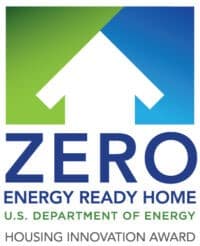




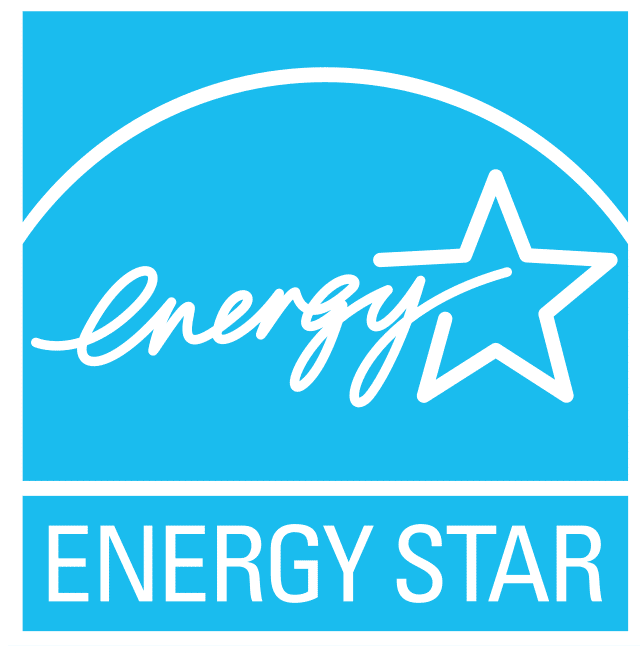
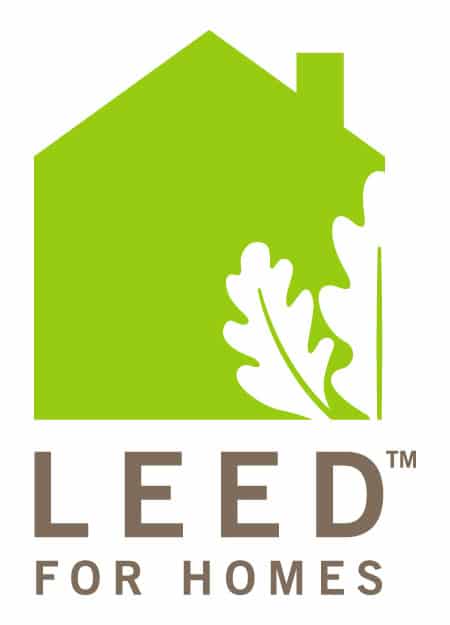





Get Social